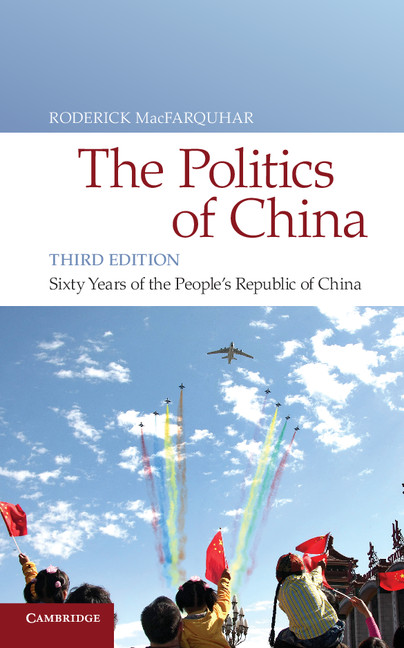
Power comes from the barrel of a gun, Chairman Mao once affirmed. In many way, this was true to the degree that had it not been for the fact that Deng Xiao Ping was the chief of staff of the People’s Liberation Army at one stage, and the only civilian to have served in the Military Affairs Commission together with Mao, neither Deng or anyone allied with Deng would have survived the traumatic years of the Cultural Revolution in 1966-1976. Fast forward to 2016, President Xi Jing Ping is a princeling who also sits in the Military Affairs Commission.
More importantly, ever since the Hilary Clinton’s assertion that the United States considers South China Sea as part of its “core interest” in 2010, China has been flexing its military muscle in the South and East China Seas. In fact, some scholars attribute the growth of China’s military assertiveness in the East and South China Seas to 2009, a year after President Obama came into power.
China must have understood that a social community activist with a law degree from Harvard Law School would prefer to talk, rather than to go toe-to-toe with China. The results have been clear to see. China, indeed, Russia, too, have become more accustomed to flexing their muscles in East Asia and now Middle East too.
But with everything clustered at the center, as acclaimed Sinologist Roderick MacFarquhar affirmed, can the Chinese Communist Party defy the will of the people and history over the next 60 years? Together with other contributors, neither he nor his contributors in the book answered the question. But Roderick MacFarquhar himself noted that China’s huge population has become more vociferous and demanding than before. It is a tall order to govern a country that is both opinionated and headstrong, especially when power has also slipped into the blogosphere.
The beauty of “The Politics of China: Sixty Years of the People’s Republic of China,” lies with the excellent editorship of Roderick MacFarquhar. He has edited numerous books on China and China’s elite politics over the last thirty years. Almost all have withstood the test of time. Roderick MacFarquhar, who was among the first BBC correspondents to report from China at the height of the Cultural Revolution, has the ability to understand the difference between the Soviet Union and China.
Whereas Soviet Union was led by a group of ostracized intellectuals , before the revolution took hold in 1917, the veterans of the Chinese Long March had considerable years of governing China from 1927 onwards, albeit in villages and townships.
By 1949, when China had defeated the Kuomintang party, whose capital was in Nanjing, the leaders and veterans led by Mao was formed and overcame various upheavals. Even the Great Leap Forward between 1950-1956 did not rock the internal cohesion of the Chinese communist leadership. This despite the tens of millions who perished in the famine of those years.
The Cultural Revolution eliminated some “capitalist roaders” on the bench, including Liu Shaoqi, but Chen Yun and Deng Xiao Ping survived the onslaught. When Mao passed away in 1976, both of them staged an immediate come back with the help of General Ye Jian Ying, to unseat the Gang of Four.
What this book lacks is a more contemporary treatment of Xi Jing Ping the people who are loyal to him and the severity of his anti-corruption crackdown. Had such topics been given more treatment in the book, this work of scholarship would have been a major research compendium on China that is impossible to dismiss.
